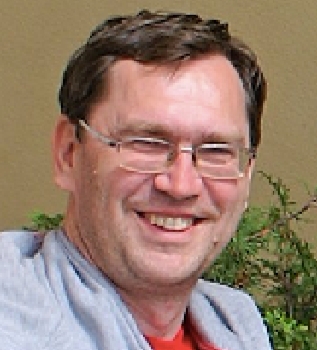
Tomasz Dziubich is a team leader of CV Lab. He's an associate professor in Gdańsk University of Technology, but also cooperates with local industry. His main area of research is medical data gathering, processing and analysis. He leaded or contributed to many research projects, covering various fields: from medical and big data analysis, to pervasive computing and distributed systems.
Fields of interrest: IT, distributed systems, pervasive computing, big data analysis of medical images, pattern recognition
E-mail: dziubich@eti.pg.edu.pl
Homepage: https://pg.edu.pl/p/tomasz-dziubich-16629
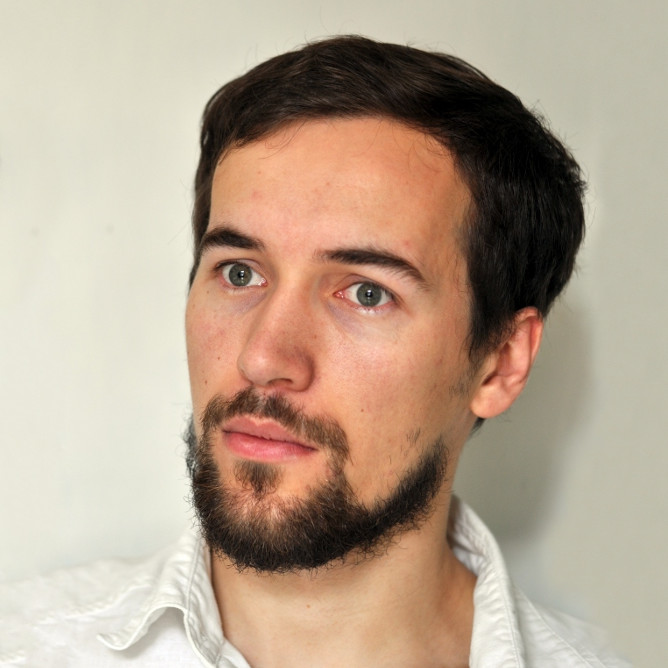
Karol works as an assistant at the Department of Computer Architecture at GUT. Among courses which he teaches there is Artificial Intelligence as well as Analysis Methods for Big Data, the latter being the de facto introduction to deep learning techniques course at GUT. He is also a co-founder and co-supervisor of the student research circle ‘Gradient’ at GUT – a group gathering students interested in machine learning. His scientific interest spreads widely over artificial intelligence research field, with the main focus on supervised and reinforcement learning methods. He has been taking part in many machine learning projects at GUT and industry, including: speech command recognition system, marker-based augmented reality, medical image classification. He is currently finishing his Ph.D. thesis, where he investigated various text representations and classification algorithms for large scale multi-label text classification.
Fields of interrest: machine learning, deep neural networks, natural language analysis, image analysis, cognitive processes modelling
E-mail: kardrasz@pg.edu.pl
Homepage: https://pg.edu.pl/p/karol-draszawka-49427
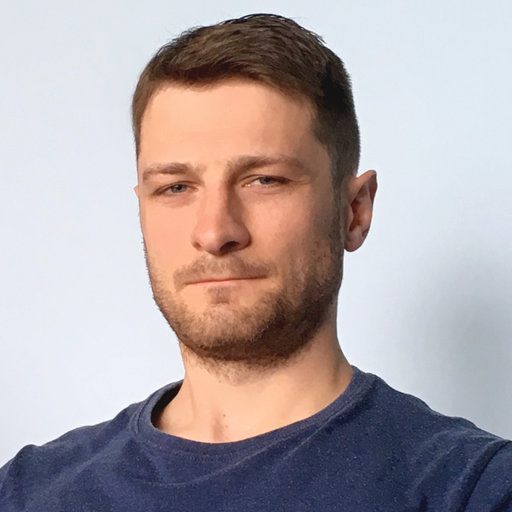
Adam Brzeski obtained M. Sc. degree in computer science in 2011 at Faculty of Electronics, Telecommunications and Informatics at Gdańsk University of Technology. In 2011 he also started Ph.D. studies and work on dissertation in the field of automatic analysis of medical endoscopic images. He was first employed at Gdańsk University of Technology in 2009 to praticipate in a research project on medical image analysis and parallel processing (Mayday project), which lasted until 2012. In 2013-2015 he participated in a research project that resulted in deployment of internet platform for medical data sharing dedicated for stroke patients data (IPMed project).
Since 2016 he works as a lecturer at ETI faculty, as well as a computer vision engineer for CTAdventure company. His scientific interests include computer vision, machine learning, neural networks, deep learning, medical imaging and parallel and distributed computing. He authored 38 scientific publications and articles. Selected publications:
Fields of interrest: computer science, machine learning, computer vision, image processing & analysis, medical image analysis
E-mail: adabrzes@pg.edu.pl
Homepage: https://pg.edu.pl/p/adam-brzeski-25876
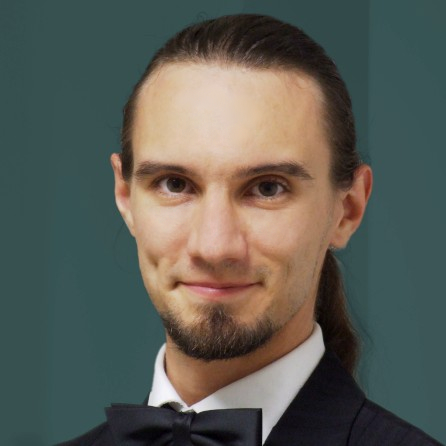
Jan Cychnerski is an assistant at Gdańsk University of Technology. His research area includes: machine learning, image processing and medical image analysis problems. He has many years of experience in computer vision and medical data processing and analysis. He participated in many projects related to machine learning, including:
He is a co-author of CV-Lab – a tool for rapid prototyping of image processing algorithms.
Fields of interrest: computer science, machine learning, computer vision, image processing & analysis, medical image analysis
E-mail: jan.cychnerski@eti.pg.edu.pl
Homepage: https://pg.edu.pl/p/jan-cychnerski-49584
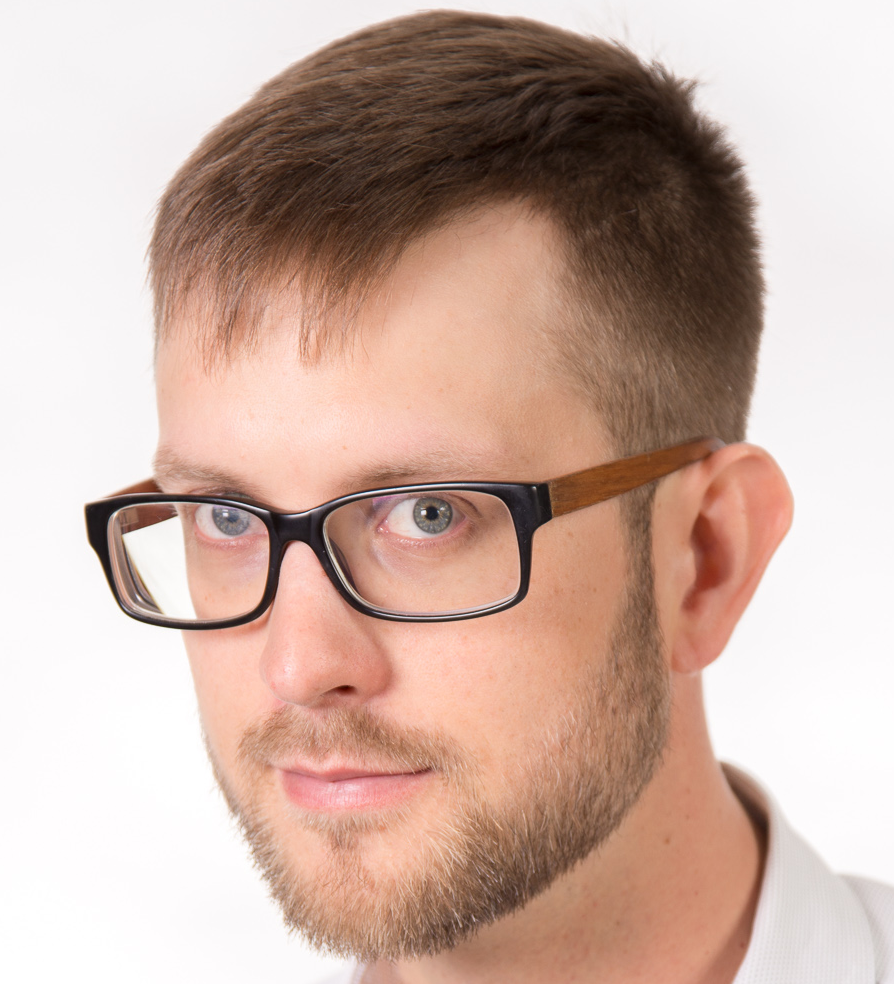
Paweł Rościszewski received his PhD in Computer Science at Gdańsk University of Technology in 2018 based on PhD thesis entitled: "Optimization of hybrid parallel application execution in heterogeneous high performance computing systems considering execution time and power consumption". He was an Assistant Professor at the Faculty of Electronics, Telecommunications and Informatics, Gdańsk University of Technology, Poland. He also leaded an open-source project called TensorHive, which aims for developing a lightweight computing resource management tool for distributed deep neural network training. His previous works include introducing KernelHive, a framework for automatic parallelization of computations across multi-level heterogeneous HPC systems with CPUs and GPUs and co-developing MERPSYS, an environment for modeling and simulation of large-scale parallel application execution. His main research area is optimization of parallel applications, recently focusing on deep neural network training. He proposed and implemented significant optimizations in the process of parallel recurrent neural network training for acoustic modeling at VoiceLab.ai and established a new course called High Performance Machine Learning at Gdańsk Tech.
Fields of interest: high performance computing systems, machine learning
E-mail: pawel.rosciszewski@pg.edu.pl
Homepage: http://pg.edu.pl/pawel.rosciszewski